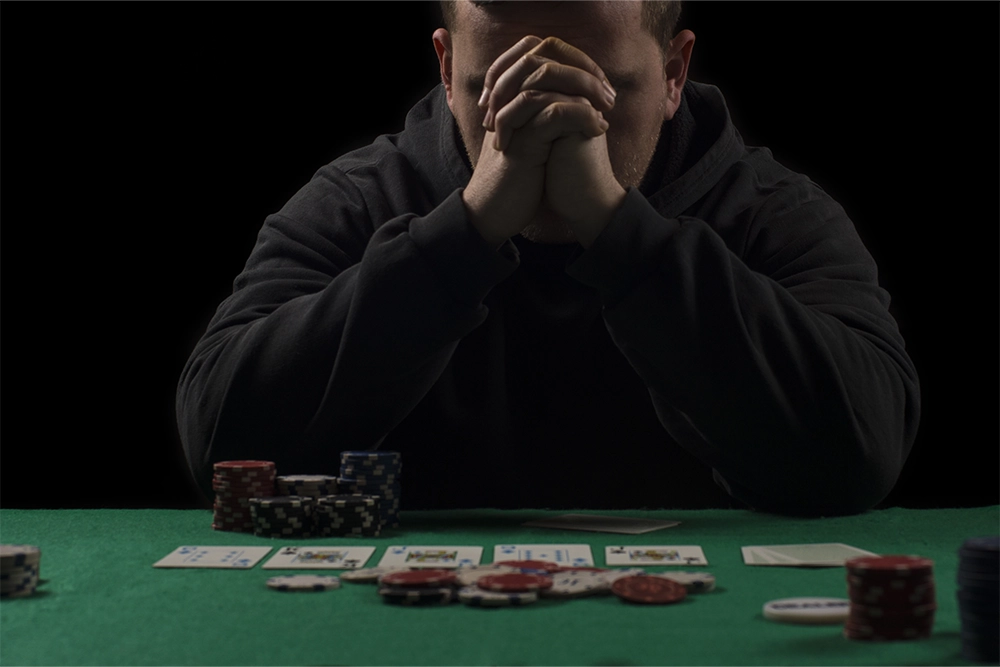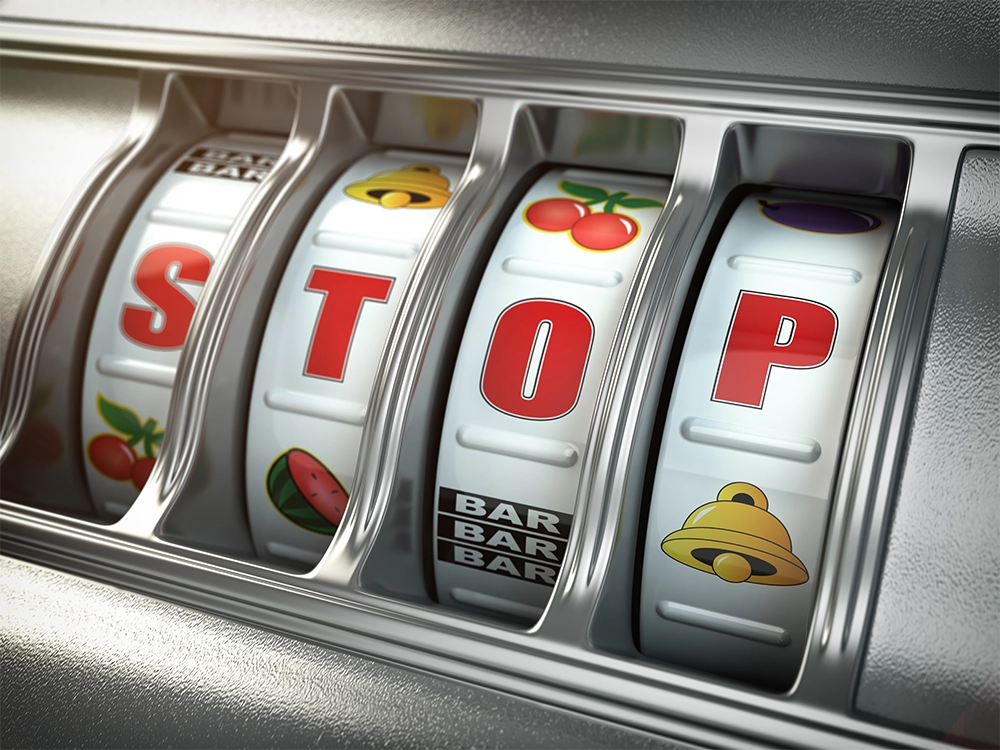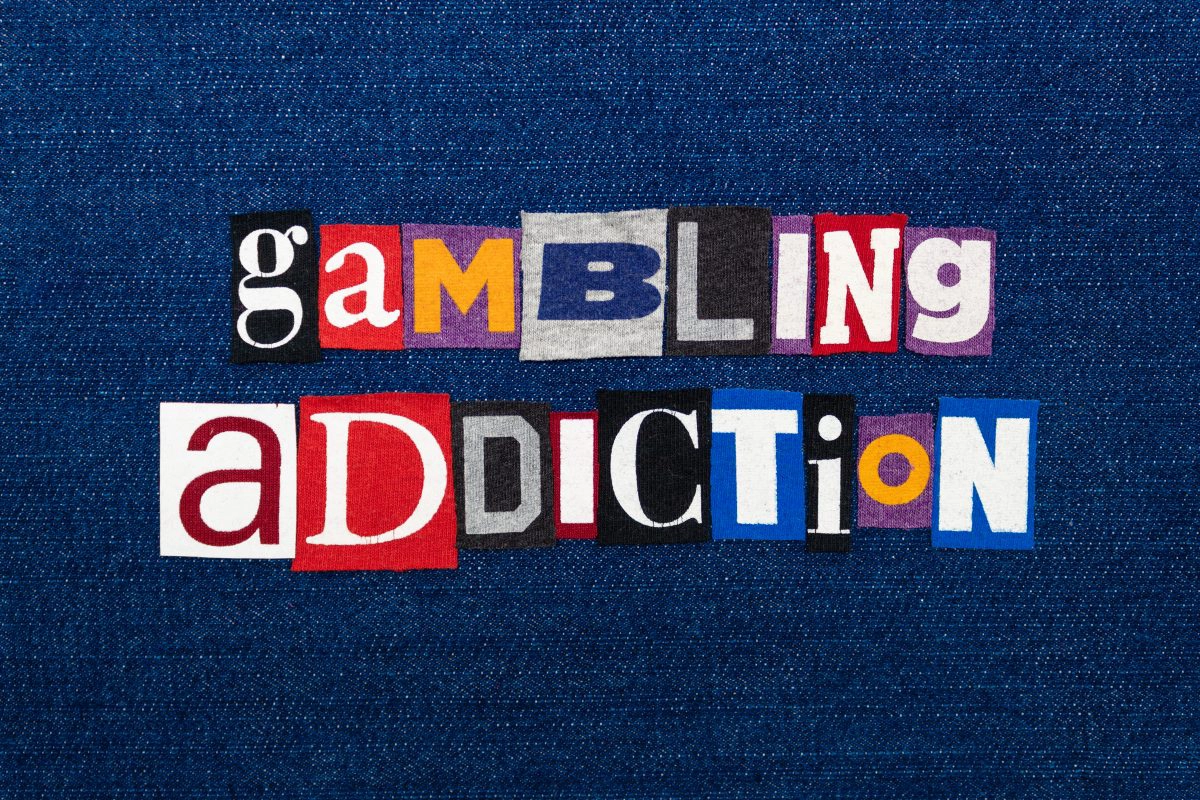Do you have symptoms of gambling addiction? Have you been wondering if you are already a gambling addict? Unlike many typical gamblers who quit when losing or establish a loss limit, individuals suffering from gambling addiction demands to keep on playing to recover their losses. It is a practice that becomes increasingly harmful in the long run.
What is a Gambling Addiction?
Problem gambling or addiction to gambling is the uncontrollable desire to keep on betting regardless of the price it takes in your life. Gambling indicates that you are ready to risk a valuable possession that you own in the hope of acquiring something of even better value.
Gambling addiction is a severe condition that is capable of destroying lives. Although treating gambling addiction can be a tough task, a lot of people who struggle with addiction to gambling found help through seeking professional treatment.
What causes someone to gamble uncontrollably is not well understood. Just like any other problem, gambling addiction may be a product of a combination of genetic, biological, environmental, and social factors. But how would you know if you are a gambling addict?
Denying the Gambling Problem
Denial is a typical defensive mechanism of gambling addicts. They tend to declare that there is no problem with their gambling when everything is as clear as day. If you think that one of your family members has a problem with gambling but continuously denies it despite clear evidence, then it is best to opt for professional help.
Fascination with Gambling
One of the most typical indications of addiction to gambling is the fascination that goes along with it. People who suffer from gambling addiction tend to spend more time gambling to a certain extent that they don’t worry about anything else. Compulsive ideas about gambling or obsessive gambling create more obstacles in your life. These are merely a few of the many usual manifestations of gambling addiction.

Gambling as a Source of Happiness
Do you know someone who gambles to have fun or to be happy? If a person believes that gambling is an integral aspect of his or her happiness or positive mood, then it is safe to assume that addiction to gambling is to blame. This sign is one of several missed symptoms of gambling problems that both gambling addicts and their families likely mistake for some other unrelated issue. Regularly gambling to feel happy, avoid problems, or improve your mood are hallmark signs that there is a larger problem at present.
Gambling Regardless of the Negative Outcomes
Did your gambling habits cause issues in your life such as relationship problems, loss of a job, or financial struggles? A lot of addicts and their families usually overlook even the most leading signs of gambling addiction. One of these signs includes excessive gambling even when it continuously results in adverse outcomes.
Hiding Gambling Habits
As excessive gambling advances and the gambler comes under the investigation of his or her family members or friends, it is not rare for the problem gamblers to conceal their gambling habits. Concealing the unhealthy habit is one of the many typical signs of problem gambling and the one that is quite challenging for others to determine. Why? Because they don’t have any idea of what is exactly happening. On the other hand, the addict recognizes this wrong behaviour, but merely denies everything because of his or her gambling disorder and doesn’t want to stop gambling.
Experiences Psychological Withdrawal
On some occasions, the manifestations of problem gambling are very much similar to the signs and symptoms of other addictions. These addictions are alcohol addiction and drug addiction. Psychologically, if a gambling enthusiast is not betting, he or she might become restless, irritable, or depressed. All of these are indications of emotional withdrawal. These signs often become present when a gambling addict feels the urge to gamble to remove such negative feelings and to be happy instead.
Breaking the Law or Stealing to Get Gambling Money
A person who is addicted to gambling will usually break the law to obtain the money that he or she wants to gamble with or to compensate for the losses. Committing fraud, stealing, or anything that breaks the law to feed the gambling habit are all manifestations of gambling addictions. People should not take these manifestations lightly because it could eventually lead to more massive consequences such as probation or jail time.
Financial Struggles
One credible sign of gambling addiction is monetary struggles. This financial problem results from excessive gambling. A person might suddenly have financial struggles and asks to borrow money quite often. Problem gamblers usually rely on other people to supply them with gambling money, or to help them pay typical expenses because they lost the money from excessive gambling.
Failed Attempts to Quit on Gambling
Did you once try to stop gambling or have made a sincere commitment to stop but repeatedly result in failure? If you are incapable of quitting gambling despite your will to do so, then there is a huge chance that you are a gambling addict. The failure to stop even when you desire to is one of several signs of addiction to gambling that nearly all addicts tend to disregard or give up as something else instantly.
Related article: How does Cognitive Behavioural Therapy Work for Addiction Treatment?
Complications of Addiction to Gambling
Excessive gambling can have severe and lasting consequences in life. These negative results are:
- Financial struggles, possibly including bankruptcy
- Poor overall well-being
- Relationship problems
- Poor work production or sometimes job loss
- Legal issues or even imprisonment
- Suicide thoughts, suicide attempts, or suicide

Takeaway
A lot of us tend to mistake gambling addiction as something entirely different such as a mere desire to win money or the urge to play games. However, there can be obvious signs as to which we can determine that a person has an unhealthy obsession with gambling.
We must bear in mind that addiction is not a simple problem for it is a severe one. When not treated early, it could lead to grave social consequences, not just for the gambling addict but also to their loved ones.
Related article: What are the Dangers of Gambling Addiction?







